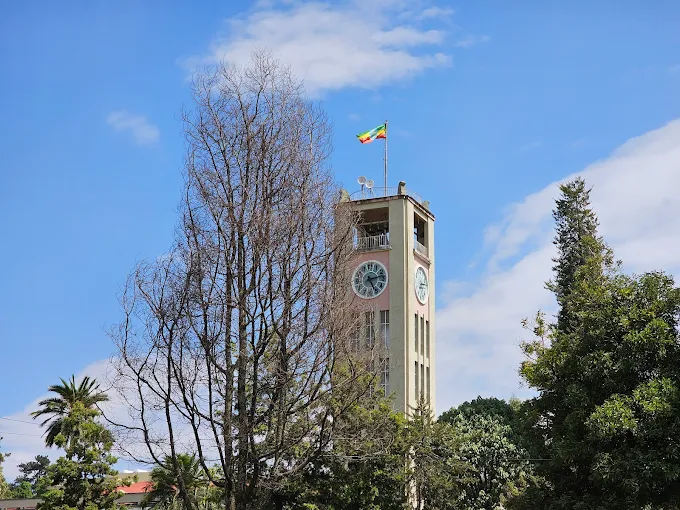After almost a decade, the Ethiopian Parliament has enacted the new Income Tax Proclamation No. 1395/2025, repealing most provisions of Proclamation No. 979/2016. This reform introduces key changes such as restructuring tax categories, introducing a Minimum Alternative Tax (MAT), revising tax rates, adopting aggregate income taxation, and removing turnover tax. It also updates the non-residency threshold, restriction on payment method, introduces advance tax payments, exempts LLPs and Collective Investment Scheme (CIS) from corporate income tax, and incorporates provisions addressing digital developments. This legal update summarizes these and other major changes under the new income tax proclamation.
1. Two-Tier Tax Payers Classification
The former three-tier taxpayer classification system has been restructured into a two-tier system: Category A (annual turnover > 2 million ETB) and Category B (annual turnover ≤ 2 million ETB).
2. Minimum Alternative Tax (MAT)
If a taxpayer's liability is less than 2.5% of their turnover, they must pay a minimum tax of 2.5% of turnover. This applies even with no taxable profit. A tax credit can be carried forward for up to five years.
3. Revised Tax Rates
The amendment increases the tax-exempt threshold and revises tax brackets for various income types, while the corporate income tax remains at 30%.
Employment Income Tax Rates
| Monthly Income (ETB) | Tax Rate |
|---|---|
| 0 – 2,000 | 0% / Exempted |
| 2,001 – 4,000 | 15% |
| 4,001 – 7,000 | 20% |
| 7,001 – 10,000 | 25% |
| 10,001 – 14,000 | 30% |
| Over 14,000 | 35% |
Rental & Business Income Tax Rates
| Annual Income (ETB) | Tax Rate |
|---|---|
| 0 – 24,000 | 0% |
| 24,001 – 48,000 | 15% |
| 48,001 – 84,000 | 20% |
| 84,001 – 120,000 | 25% |
| 120,001 – 168,000 | 30% |
| Over 168,001 | 35% |
Other Tax Base Rates
| Tax Base | Tax Rate |
|---|---|
| Dividend | 15% |
| Royalty | 15% |
| Interest | 10% |
| Game of Chance | 20% |
| Capital Gain (Immovable) | 15% |
| Capital Gain (Share/Bond) | 15% |
4. Income from Digital Content Creation
Income from digital content creation is now regulated, taxed as either business income or "other income" at a flat 15% rate, depending on the circumstances.
5. Advance Tax Payment
Taxpayers must pay 25% of the previous year’s tax as a quarterly advance within 30 days after each quarter.
6. Digital Service Tax
A tax on digital services is introduced for residents and non-residents, with a rate capped at 5% to be defined by regulation.
7. Restriction on Method of Payment
All transactions exceeding ETB 30,000 must be conducted through formal banking channels.
8. LLP and CIS Tax Exemption
Limited Liability Partnerships (LLPs) and Collective Investment Schemes (CISs) are now exempt from corporate income tax, but must withhold tax on distributions.
9. Adoption of Aggregate Income Tax
An aggregate taxation approach combines all income sources for an individual, applying progressive rates once.
10. Taxation of Offshore Indirect Transfers
A new provision taxes indirect offshore transfers of Ethiopian assets. A resident agent can be held liable for unpaid taxes.
11. Adjustment to Withholding Tax
The withholding rate on goods and services increases from 2% to 3%, with thresholds of ETB 20,000 for goods and ETB 10,000 for services.
12. Tax on Repatriated Profits of Foreign Branches
The tax on repatriated profits for permanent establishments of non-resident companies is raised from 10% to 15%.
13. Undistributed Profit Tax
A 15% tax applies to a body’s undistributed profits if not reinvested or distributed within 12 months.
14. Elimination of Turnover Tax
The 10% turnover tax on small businesses not registered for VAT has been abolished.
15. Revised Non-Residency Threshold
The tax residency requirement is shortened from 183 days to 91 days in a year.






